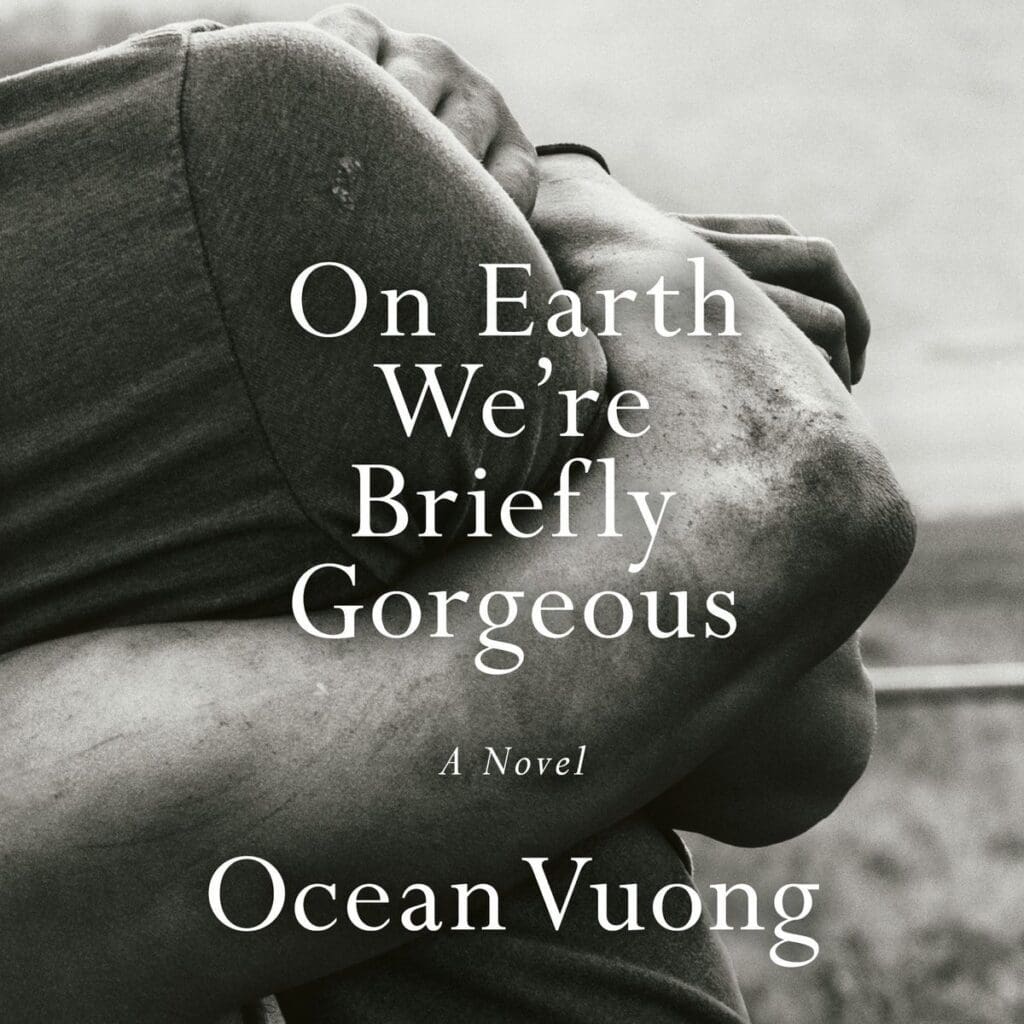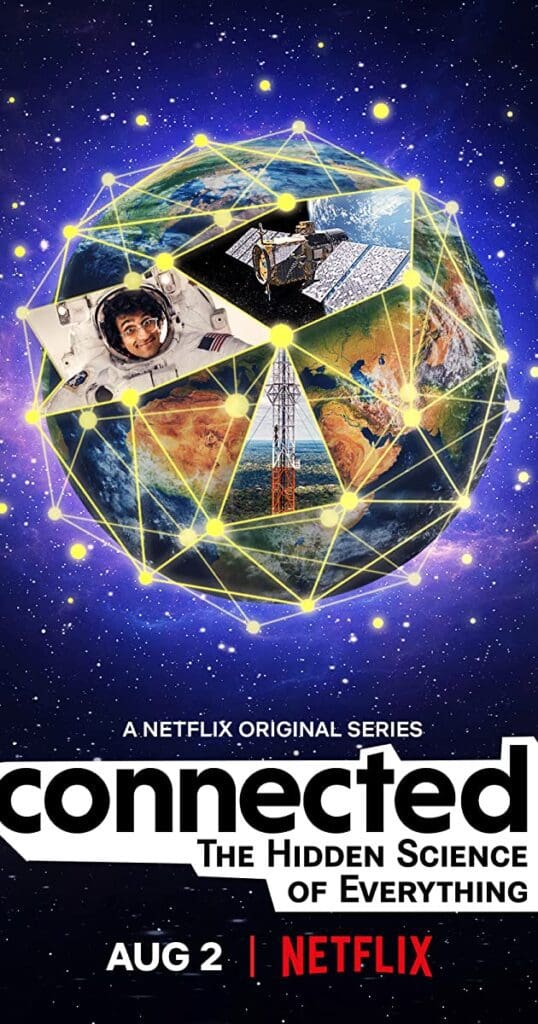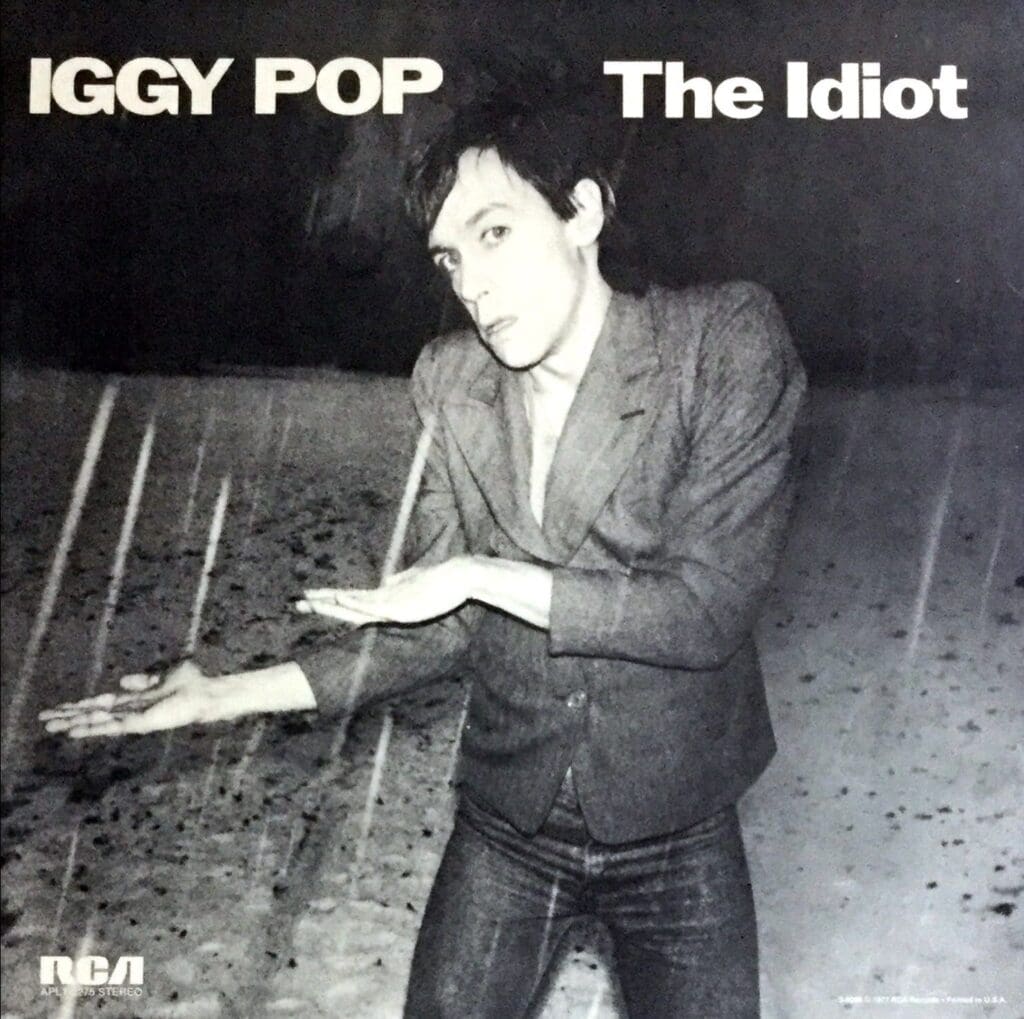As this particularly unusual summer winds to a close, much of California is grappling with dangerous wildfires (here’s a good resource if you’re looking to help out). We hope our readers are continuing to stay safe. As we find ourselves largely confined indoors due to the pandemic and bad air quality, we’re back with another round of Staff Picks to offer some recommended listening, reading, and more:

Cade Johnson, Intern: In light of more than 100,000 people across California evacuating this month due to wildfires, and hazardous weather conditions making fires more frequent and more widespread, an important podcast series I recommend is North State Public Radio’s California Burning: Solutions to California’s Wildfire Problem, hosted by Matt Fidler. While the series does not spotlight the role of climate change in our state’s increasingly dangerous fires—as much media coverage has already done—it does provide a wealth of information on the faults of historical environmentalism and how colonization and forest management has made us vulnerable to catastrophic fires. The series features interviews with indigenous peoples such as Margo Robbins of the Yurok tribe, about how prescribed burns have been used by the Yurok people for more than 14,000 years to maintain forests and build a healthier ecosystem.
“There is something about fire,” Robbins says in Episode 2. “When we put fire on the land, there’s something about it—it speaks to your spirit. It’s like you connect with it, and you connect on a deeper level with the land.” Robbins’ statements feel radical because of our perception of fire as purely destructive to the land and our approach to preservation of natural lands that lacks reciprocity. Due to the neglect of our forests and our unwillingness to listen to the populations that know how to properly steward the land, our forests overgrow with fuel for wildfires. Add to that climate change, and we have created ourselves a problem that cannot be ignored. Check out this podcast for some insight on how we might find solutions.

Bella Davis, Intern: It’s right there in the title—Ocean Vuong’s debut novel is a gorgeous piece of writing. On Earth We’re Briefly Gorgeous, published a little over a year ago, takes the form of a letter from a Vietnamese American son to his illiterate mother. It’s shattering and raw, a tone that’s established from the outset as the speaker, Little Dog, recounts his family’s history and their generational trauma stemming from the Vietnam War. One of the results of that trauma is physical abuse inflicted on Little Dog by his mother: “The time you threw the box of Legos at my head…The time with your fists…The time with a gallon of milk…The time, at thirteen, when I finally said stop.”
This isn’t a novel to read in one go. Passages and particular sentences—“They say nothing lasts forever but they’re just scared it will last longer than they can love it”—stuck with me and I had to sit with them, partly because the sentiments are too heavy to immediately move on from, but also because the language Vuong crafts compels you to keep returning to it. His prose is as luminous and precise as his poetry, for which the 31-year-old has won numerous awards. Here, in his exploration of urgent themes such as connection, loss, race, and masculinity, he reminds us both of the power of telling our own stories and the devastation of not being heard.

Jesse Bedayn, Intern: Each episode of science reporter Latif Nasser’s new Netflix docuseries Connected: The Hidden Science of Everything takes an utterly novel look at the connections around us. You’ll get answers to questions you never thought to ask.
In the first episode, Nasser travels around to world learning about surveillance. While we might think of Facebook’s data collection or CCTV cameras, Nasser starts with the tracking of Veery birds from Delaware to Brazil. The collected data shows that the small creature’s decision of when to fly across the Caribbean is predicative of how severe hurricane season will be. The feathered instincts are more accurate than our meteorological technology.
Nasser, a longtime host on the podcast RadioLab, is a lanky man with a buyout shock of black curly hair. His goofy jokes and genuine excitement for discovery and connection are contagious, propelling the reader into fascinating rabbit holes.
Nasser’s eyes enlarged when he sat across from a French journalist in Paris, discussing Tinder’s surveillance of its swiping customers. The French journalist had acquired 800 pages of her personal data from Tinder. “The most shameful thing for me,” the journalist said, “is they can know exactly when I feel lonely.”
The following episodes are titled Dust, Digits, Clouds, Nukes, and even Poop. Whatever you know about those topics, I assure you, will not be what Nasser explores.

Zack Ravas, Editorial Assistant: This month has been a period of transition, so I haven’t been as productive as I would like (turns out furnishing an apartment during a pandemic is hard work). But I did find time to read Michael Benson’s excellent book on the making of 2001: A Space Odyssey from a couple years ago, which was the perfect excuse to rewatch Stanley Kubrick’s classic film; and I belatedly caught up with last fall’s Watchmen miniseries on HBO, which certainly had its pulse on the finger of American culture with its racially charged update of the Alan Moore graphic novel.
But mostly this month I’ve been listening to music. In fact, as the days blur together in an indistinguishable haze of working from home and generally avoiding the outside world, I find I’m listening to more music than ever, perhaps the most I’ve listened to since my undergrad days (as someone who fondly recalls the album era, there is something both awful and awesome about how streaming services put an artist’s entire discography at our fingertips). Speaking of those distant undergrad days: like any self-styled misfit garbed in black, I dutifully made my way through David Bowie’s iconic Berlin Trilogy while trudging across campus with classic iPod in hand, but it’s only recently that I’ve caught up with a related LP. I’m referring to Iggy Pop’s 1977 solo debut The Idiot, co-written and produced by Bowie just before he started said Trilogy, and which I’ve had on a steady rotation for what feels like weeks now.
While I hesitate to wax poetic about an album that’s been part of the alternative canon for 40 years now, The Idiot has become an obsession in a way few recent records have. Its eight tracks have a textured sound and elegant composition that reward repeated plays, while Iggy’s benumbed, often despondent vocals seems to express something relatable during a time when many of us are going days without leaving the house.
The opening track, “Sister Midnight,” is a statement of purpose if there ever was one; as Iggy sings, “Calling Sister Midnight/What can I do about my dreams,” we know we are in troubled territory. The Idiot is infused with a sense of irony and unease; Pop never sounds so bored as when he’s singing about his debauched nightlife. This is probably what happens when you take the Muskegon-born Iggy Pop, barely out of recovery and a bit cynical after his time with proto-punks The Stooges, and whisk him off to France to write and record with glam rocker David Bowie. The difference between the two artists is magnified when you compare their versions of “China Girl” (a problematic song if there ever was one); when Bowie sings the line “I feel tragic like I was Marlon Brando” on his 1983 recording, he’s cool and collected, posed like a film actor; Iggy’s delivery is shaky, doom-laden, the song’s tragedy a foregone conclusion even before he begins to howl indecipherably.
The album concludes with the nearly ten minute long “Mass Production,” its ambient factory sounds a nod to Iggy’s Detroit origins (“I like to drive along the freeways/See the smokestacks belching,” Pop declares), while the droning synthesizers and steady drum loop point the way towards the many post-punk bands who would go on to cite The Idiot as a major influence, including Siouxsie & the Banshees and Joy Division. Those are two artists I’ve been enjoying for decades, so it’s been a pleasure this month to discover one of their key inspirations. 40 years later, something about The Idiot still feels singular, an ideal fusion of Bowie’s production skills and Iggy Pop’s sheer attitude.
